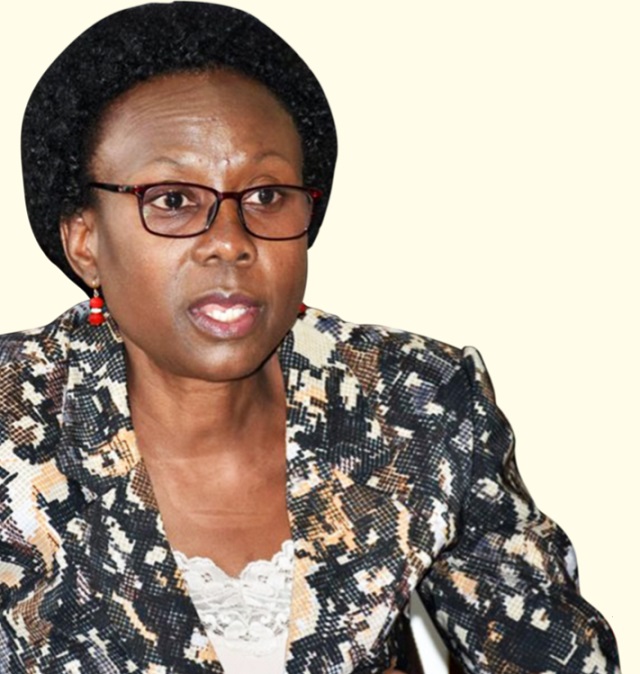
Kampala, Uganda | THE INDEPENDENT | The question on how to effectively handle persons that develop a mental illness in the management of COVID-19, remains largely ignored, even as the Ministry of Health (MOH) adjusts its treatment protocols.
New homecare guidelines by the Ministry of Health allow persons with mild disease and the asymptomatic to be managed in auxiliary facilities and at their homes and offers them a list of things they should and shouldn’t do for their mental wellness.
The checklist includes maintaining social networks, identifying what stresses them and maintaining regular sleep routines. But experts say it’s unrealistic for people in mental distress to monitor themselves, adding that because people’s mental health hasn’t been paid attention to, many of them are sliding back to mental illness.
Currently, Dr Hafsa Lukwata, the mental health focal person at the Ministry of Health says that three people have tested positive for the virus have presented with severe depression and are already undergoing treatment at Entebbe Grade B hospital. Some other 43, mostly returnees from abroad presented with anxiety disorders and stress but have since been discharged.
She said they designated Entebbe to handle the psychiatric problems too since Butabika didn’t have capacity to offer this care.
However, while those admitted with COVID-19 have a chance of having their mental wellness assessed, experts worry that with homecare, many might go unnoticed and present later with complications since being a new disease, diagnosing one with COVID-19 would be depressing.
Dr Juliet Nakku, a psychiatrist and the Executive Director of Butabika National Referral hospital says that giving people tips is not enough but adds it can be a tough call for the government to set up a proper homecare programme. She says it would require a huge investment in terms of human resource.
Currently, the country has a total of 46 psychiatrists, and only eight of these are attached to Butabika Hospital, where they are supported by psychiatric clinical officers and mental health nurses. The others are teaching at various universities. Nakku says it takes more than these to offer the necessary care in the community.
The World Health Organization Uganda Country Representative Dr Tegnen Woldermariam told URN that the organization requires countries to include issues like how to handle stigma and mental wellness in their homecare protocols for COVID-19 because both illnesses have been shown to attract backlash from communities.
He says helpful interventions should start with sensitizing people who live with a positive case to understand what they ought to do and not to do.
But, the homecare guidelines remain silent about this. Lukwata, however, tells URN that they have provided families with a toll-free number to contact the Ministry in case the patient deteriorates and requires hospitalization for either COVID-19 symptoms or others like severe mental illness.
Dr Hillary Irimaso, a psychiatrist in private practice said while the government is neglecting aspects of mental health, COVID-19 has presented an opportunity to explore if community health services can actually work.
He said world over, there is a shift from people accessing services from the health services to finding them where they are. For him, unlike other illnesses where one can easily tell that they are unwell, for mental health, it’s the reverse.
********
URN
 The Independent Uganda: You get the Truth we Pay the Price
The Independent Uganda: You get the Truth we Pay the Price





